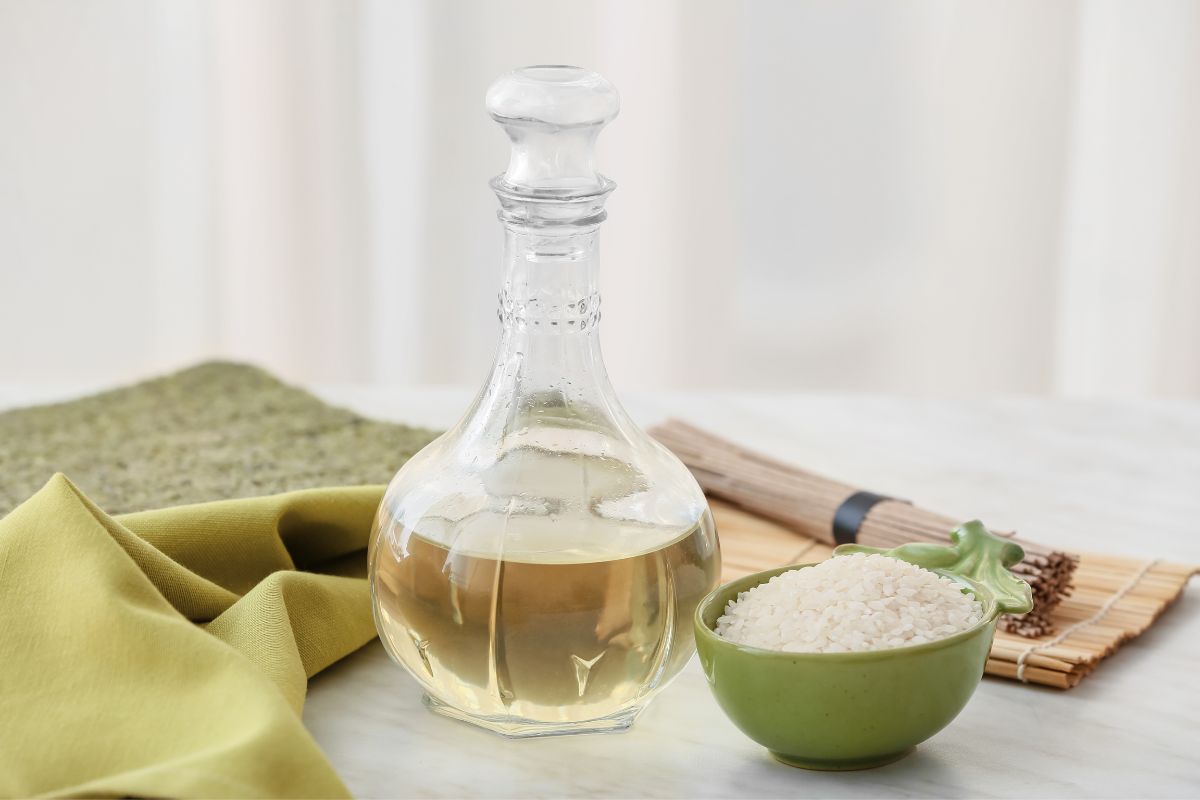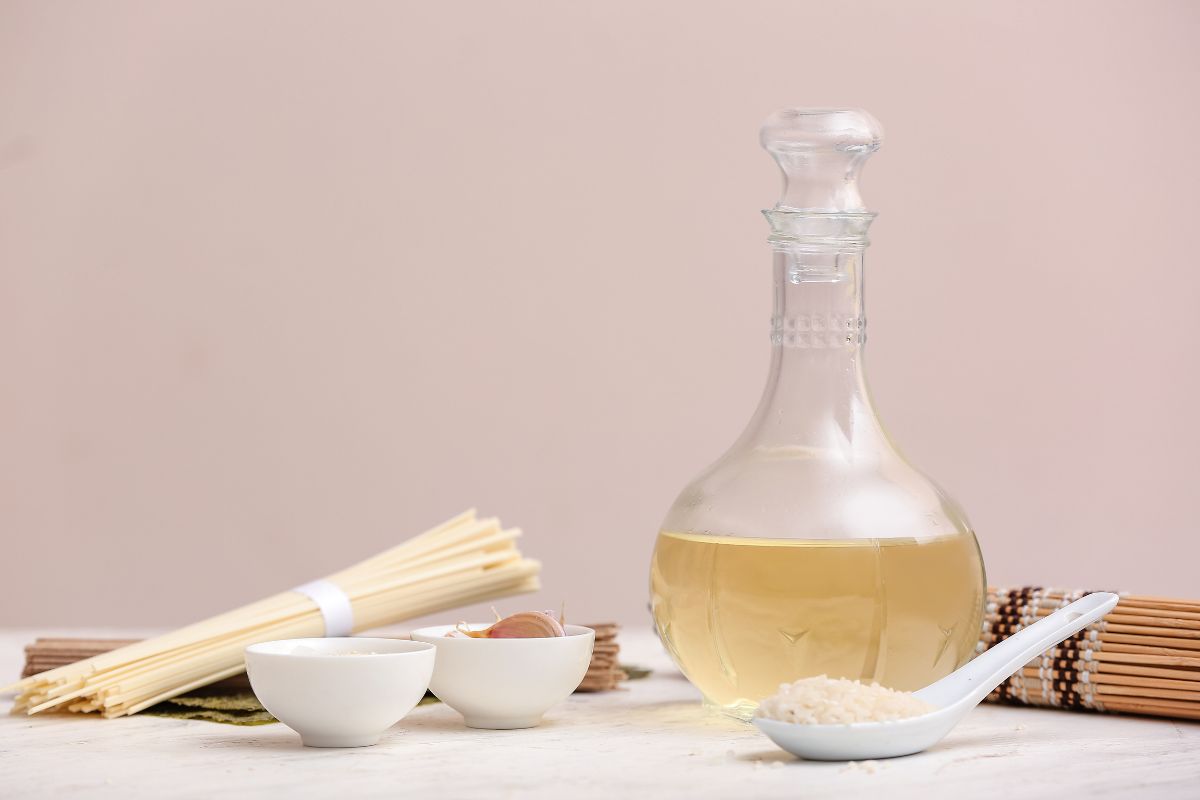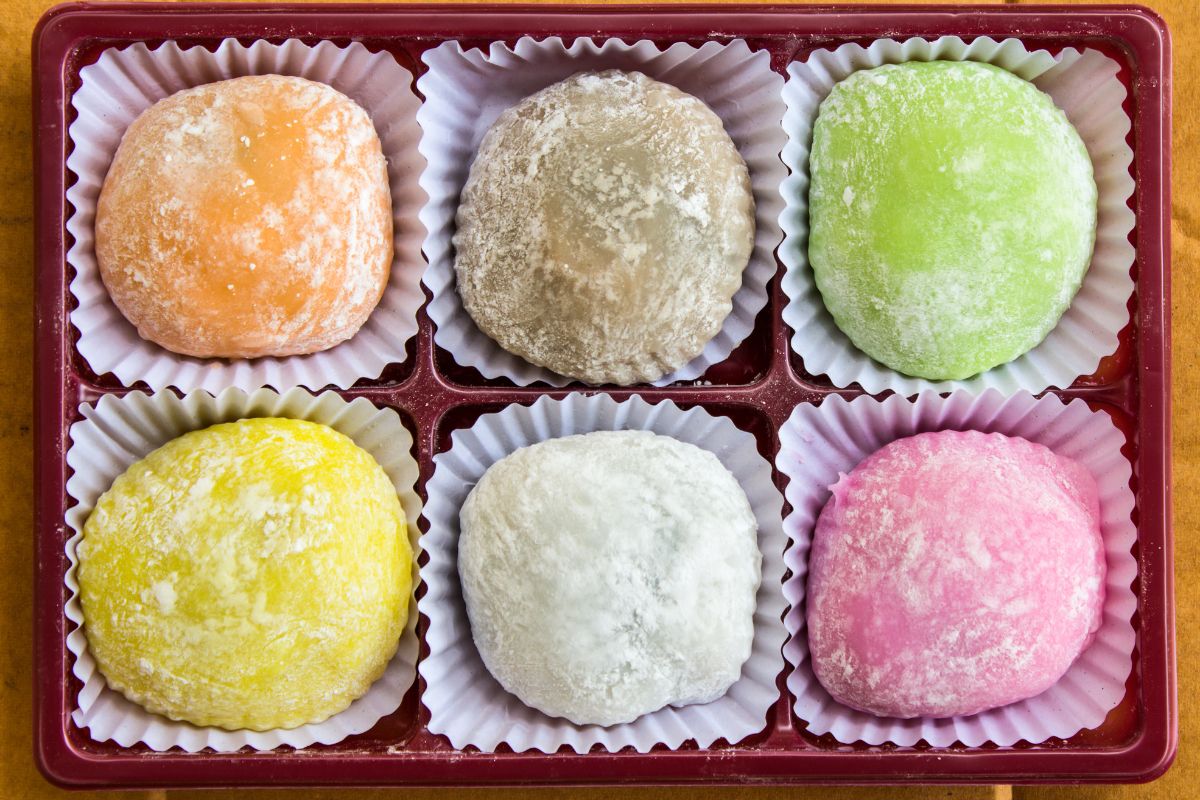Rice vinegar is often used in Asian cuisine. While you can find it in specialized stores, you can now find it in mainstream grocery stores too. This is in part thanks to the rise in Asian cooking.

However, you may find that you do not use rice vinegar as much. This could cause a few issues when storing it. Making sure to store something like rice vinegar properly may make it last longer.
Even so, is rice vinegar similar to that of white or balsamic vinegar? Does that mean the storage is exactly the same, or do you need to refrigerate rice vinegar?
No, you do not need to refrigerate rice vinegar to prolong its life. In fact, doing so may actually cause harm to the flavor. Rice vinegar, like any vinegar, is so acidic that bacteria is unable to form.
In this article you shall learn more about rice vinegar, as well as how to store it properly.
What Actually Is Rice Vinegar?
Originally, rice sushi was created solely to be used when making and eating sushi. Over time, it was experimented with and became an addition to salads and various other meals.
Rice vinegar is made by adding water and rice together to ferment. This creates alcohol, which is then fermented again. This second fermentation creates acetic acid, which is present in all vinegars.
It is sour and sharp, and complements a number of dishes. It is also highly acidic, yet also has sweeter notes compared to a regular vinegar. This makes it wonderful to be used in a salad.
Can You Store Rice Vinegar In The Fridge?
No, rice vinegar does not need to be stored in the fridge. In fact, doing so could be problematic due to it potentially losing its antibacterial and flavor properties.
Rice vinegar has a very high acidity level. Because of this, bacteria cannot form within the liquid. This means that it does well outside of cooler temperatures.
Often food and liquids need to be stored in a colder temperature to help stop bacteria from forming. Because rice vinegar has so much acid within its makeup, bacteria will not form.
For this reason, keep it out of the fridge, otherwise it may lose its delicious flavor.
How Should You Store Rice Vinegar?
Generally, rice vinegar does not have any special instructions when it comes to storing it. However, you will want to keep it out of direct sunlight. The sunlight will not cause any serious harm, but it may discolor the vinegar.
It is best to keep rice vinegar in a dark area such as a pantry or cupboard. You will also want it to be below 77 degrees Fahrenheit. However, make sure it is not too cold either.
Other than that, rice vinegar can look after itself. It preserves well in the right conditions due to its high acidity level.
How Long Does Opened And Sealed Rice Vinegar Last For?

If you have been using a bottle of rice vinegar, and also store it properly, then it can last for around a year. You can still use it after this time, but the quality may have dropped.
Do keep an eye on discoloration and flavor. These things can indicate whether the quality is declining or not.
If the bottle of rice vinegar is unopened and stored correctly, it can last for around two years at peak flavor and color. Once the two years are up, it will still be safe to consume.
The only downside is that the quality may have decreased.
If you find that you do not want to consume rice vinegar that has gone past its peak, you can always switch to using it as a cleaning agent. Due to the high acidity, it will be able to kill bacteria.
This makes a great and safe way to clean the home, especially if you have young children and pets.
Does Rice Vinegar Go Bad?
It is not a common occurrence that rice vinegar goes bad if stored correctly. This is because of its high acidity level. It tends to stay usable for a very long time, even once the quality of it has declined.
Having said that, it does not mean rice vinegar cannot go bad. Here are some things to look out for:
Scent
When you open a bottle of rice vinegar, always give it a sniff to familiarize yourself with its scent. Over time you can give it a smell to make sure that the scent is how it should be.
If it smells different than before, then it could mean that it is losing its quality. When this happens, the flavor and texture will not be the same either. For this reason it may be worth throwing it out.
Appearance
The appearance of rice vinegar is smooth. There should not be any bits floating around. If you start to notice any sediment in the rice vinegar, then it has likely started to go bad.
Also, if the color of the rice vinegar starts to change or become cloudy, then the quality of the rice vinegar has dropped. It could indicate that it has gone bad too.
For this reason, you should throw it out as it may not taste the same.
What Are Rice Vinegar Substitutes?
If you have noticed that your rice vinegar has gone bad but you are already cooking, you may need an alternative.
Fortunately, you can often just use regular vinegar instead if it is a cooking recipe. However, it is often a lot sharper, so you may want to use less. Although, if you are creating sushi, then no other vinegar will do!
For a salad, use balsamic vinegar. It also has a sweetness to it.
Final Thoughts
Rice vinegar should never be put into the fridge. The reason for this is because it can self-preserve due to having a high acidity level.
This means you should store it in a dark place such as a pantry or cupboard.
- 16 Best Websites To Watch Japanese Movies With English Subtitles - May 11, 2023
- Is ZIPAIR The Best Airline For Traveling To Japan? - May 11, 2023
- Ryu Murakami Vs Haruki Murakami – Which One Should You Read? - May 11, 2023







